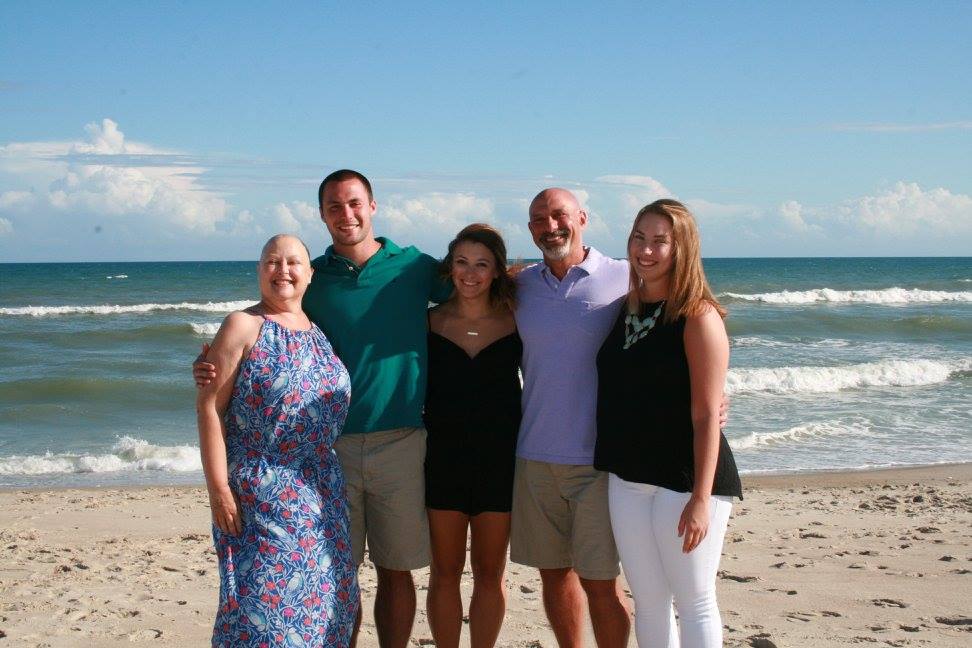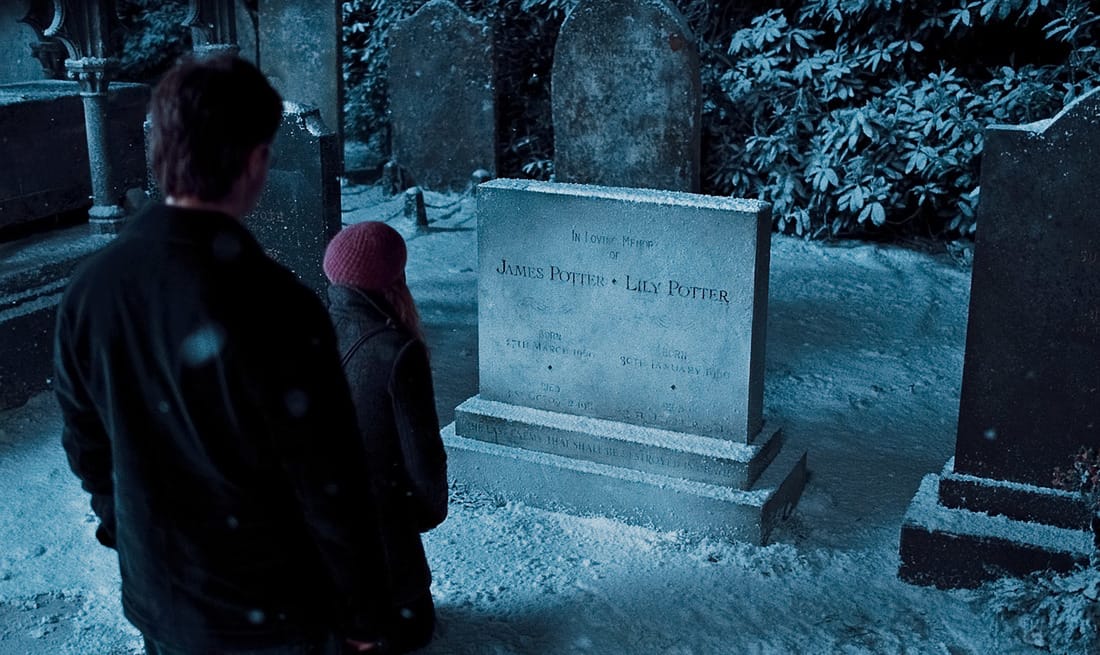|
It finally happened. After careful planning, wishful thinking, and a little bit of champagne, we all bit the bullet and went wedding dress shopping. (If you're just now hearing about this, read Part 1 before you continue).
My best and oldest friend, S, flew in from NY to go with me, and another of my best friends, P, and her mom, L, came along as well. My sister was home from school for Thanksgiving, and my parents rounded out our little group.
8 Comments
As everyone else is decorating trees, decking halls and lighting candles, we're thinking about the future. While we have no way of knowing when it's coming, my mom's passing is, in fact, coming. While home for Thanksgiving, we sat down as a family to think about everything we could take care of ahead of time so that when the time comes, we can focus on what's important - being together as a family and honoring Mom's memory. One of the things on that checklist was to learn (and educate others) about Jewish funerals. Now, we're not super religious. I think the only Jewish funeral I've been to was my grandfather's, and I was 12. I remember that you're supposed to place stones on the grave instead of flowers. But my knowledge of Jewish funerals stops there. As I've learned, the biggest difference between a Jewish funeral and a Christian funeral is that Jews don't send flowers. As Rabbi Aron Moss explains, "In death, the body, which is ephemeral and temporary, is gone, and all that remains is that eternal part of the person, their soul. The body, like a flower, blossoms and then fades away, but the soul, like a solid stone, lives on forever." Personally, I love that idea. I love the thought that the souls of our relatives, both past and future, are with us always, and that they're all hanging out together (the Rabbi explained that since Jews don't believe that Heaven is open yet as we're still waiting on the Savior, the eternal souls of our relatives are all floating around together in an intermediary). So Jews place stones on the burial site or gravestone. In lieu of sending flowers, it's customary to make a donation to the charity of choice (in this case, it will be Leiomyosarcoma Direct Research or Memorial Sloan Kettering, and we'll send out the links), or to bring food or drink to shiva to help the family get through. While we're not a super religous family, Mom has leaned deeply on her faith through these last months. I think it brings her a sense of comfort, and being a part of something larger. I think we've all had our own personal journeys with religion throughout the course of Mom's fight, so I won't speak for anyone else. But for me, I take comfort in the fact that faith has brought her peace. It's terrifying to stare down death, and especially to have done with so much courage and strength for so long. To know that she has something that has helped her through these last couple of months is a source of relief for me. So in honor of her faith, we're having a fairly traditional Jewish memorial service, with a twist. Because it wouldn't be my family unless there was a twist. For one thing, it will be a memorial service, not a funeral. For it to be considered a funeral, Mom's body would have to be present. Instead, she's being cremated and will be placed in an urn on our mantle for the first year (more on the symbolism of that in a few). So we'll instead gather as mourners to honor her memory. We'll say a few prayers and read a few eulogies. The rabbi will speak; Jake, Annie and I will possibly speak, depending on whether or not we feel up to it. For anyone wondering if he or she should attend, you're all welcome. The memorial service is open to anyone who wants to celebrate Mom's memory. Traditionally, mourners wear black, but in addition, we'd love if y'all wore a purple accent in honor of Mom. Other than that, it will pretty much be a typical memorial service. Because she's being cremated, we won't go to a burial site after the service. Instead, we'll be observing shiva, without a rabbi at the house holding shiva services. We'll open our doors for a sort of open house during specified times for a set number of days; namely, from the day of the memorial service until the following Shabbat (Friday night). Everyone is welcome to come by, share a bite to eat, remember Mom, and support the family. If you'd like to send food, you're welcome to do so. Don't feel like you need to bring anything when you come - your presence, love, and support is all we need. We observe a set period of shiva in order to start the healing process. On the night of Shabbat, we'll leave the house as a family. We'll go for a walk around the neighborhood, or maybe a drive (depending on the temperatures) - just something to get out of the house. While we're gone, friends or family will help clean up the house, so that when we come back, the house will no longer be a place of mourning, but a place of living - a place for us to figure out how we move on with our lives. Mom's ashes will stay with us for a year, the customary period of mourning for Jews. Traditionally, after a year, the headstone is placed at the gravesite. For us, we'll have a little service with Mom's ashes at her favorite place - the beach. So when the time comes, hopefully this will help y'all (and us) understand a little better how everything is going to work. We're trying to be as prepared as possible for something no one can ever adequately prepare. If you have any questions, please don't hesitate to reach out! |




 RSS Feed
RSS Feed